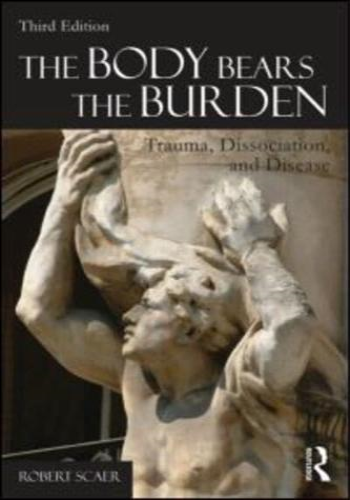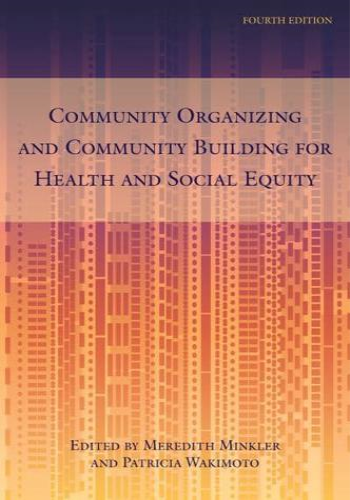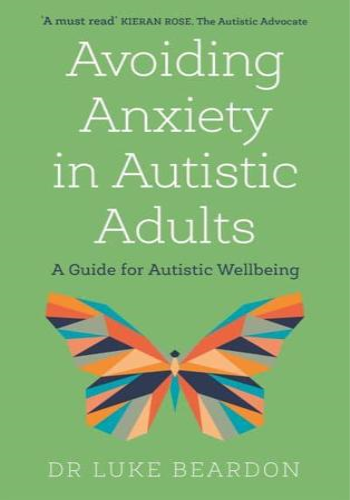Chapter 1: The Body Remembers
* Summary: Trauma can have profound effects on the body, leading to physical symptoms and illnesses. The brain and body form a mutually reinforcing loop, where physical symptoms can intensify emotional distress, and vice versa.
* Example: A person who experiences a traumatic event may develop chronic pain, digestive issues, or autoimmune disorders.
Chapter 2: Trauma and the Body's Defense Mechanisms
* Summary: Trauma activates the body's "fight-flight-freeze" response, a natural protective mechanism. However, if this response becomes chronic, it can lead to physical and mental health problems.
* Example: A person who experiences repeated trauma may have difficulty regulating emotions, disconnect from their body, or develop a hyper-vigilant state.
Chapter 3: Dissociation
* Summary: Dissociation is a defense mechanism that allows individuals to disconnect from overwhelming memories, thoughts, or feelings. It can manifest as depersonalization, derealization, or amnesia.
* Example: A person who experiences sexual abuse may dissociate from the traumatic memories or their own sense of identity.
Chapter 4: Trauma and the Immune System
* Summary: Trauma can disrupt the immune system, making individuals more vulnerable to infections and chronic diseases. It can also increase inflammation and suppress immune function.
* Example: A person who experiences prolonged stress due to trauma may have difficulty fighting off colds or flu, or develop autoimmune disorders.
Chapter 5: Trauma and the Cardiovascular System
* Summary: Trauma can damage the heart and blood vessels, increasing the risk of heart disease, hypertension, and stroke. It can also contribute to arrhythmias and other cardiac problems.
* Example: A person who experiences a car accident may have a higher risk of developing coronary artery disease or heart attack.
Chapter 6: Trauma and the Digestive System
* Summary: Trauma can disrupt the digestive system, causing symptoms such as indigestion, diarrhea, constipation, and irritable bowel syndrome (IBS). It can also affect appetite and metabolism.
* Example: A person who experiences emotional neglect may develop chronic digestive issues or have difficulty maintaining a healthy weight.
Chapter 7: Trauma and the Nervous System
* Summary: Trauma can overload the nervous system, leading to anxiety, depression, insomnia, and other mental health conditions. It can also cause chronic pain, migraines, and tremors.
* Example: A person who experiences a traumatic brain injury may have difficulty focusing, controlling emotions, or sleeping.
Chapter 8: Healing from Trauma
* Summary: Healing from trauma involves addressing the physical, emotional, and psychological impacts of the experience. This may include therapy, medication, lifestyle changes, and support from loved ones.
* Example: A person who experiences trauma may benefit from trauma-informed therapy, physical activity, and connecting with others who have similar experiences.








